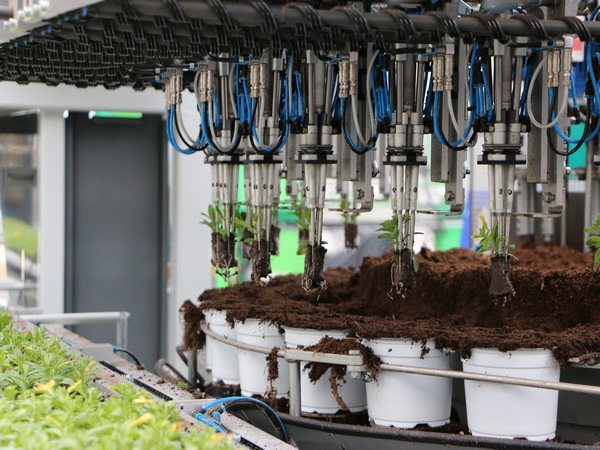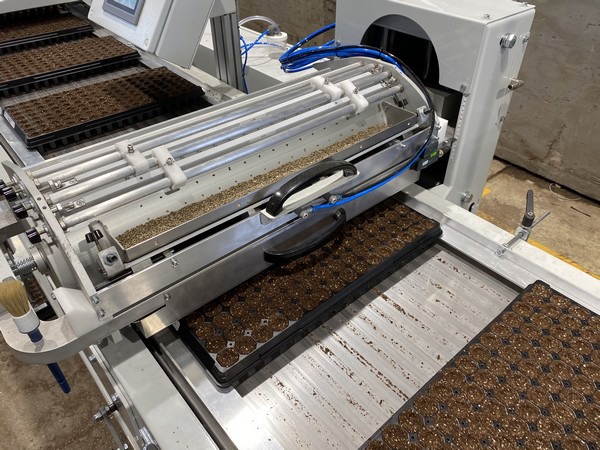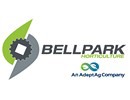Growers are currently facing a wall of challenges that include inflation, labor shortage, supply issues, and shipping bottlenecks, among others. For example, the increased demand for horticultural and ornamental products has delivered record profits, yet labor shortages have left growers struggling to meet this demand. As such, it shouldn’t come as a surprise that many growers are exploring how to further automate their processes. But as Derek McLaughlin, marketing manager at Bellpark Horticulture, explains, there are some misconceptions about heavily relying on automation. These misconceptions may dissuade some growers, making it worthwhile to bust these myths now. For context, Bellpark Horticulture is a horticultural automation company providing solutions, parts, and services to North America – so Derek is the perfect person to break these myths down.
Automation is time-consuming, eliminates jobs, and is too expensive
When thinking about implementing some high-tech automated process, oftentimes, the first reaction is to be taken aback by how much time it would take to install everything. “Yes, automation does take a lot of planning,” Derek continues. “But by working with the right company, you and your automation project consultant can come up with a strategic plan that allows your business to move forward in stages to implement everything with peace of mind.”

At the same time, the other concern growers have is that automation would make some jobs disappear. “The horticulture industry is running out of labor for low-skill, highly repetitive jobs,” Derek points out. “Overqualified individuals can now be offered more skilled jobs in maintenance or machine operation, which helps with employee engagement and retention. As a result of automation, labor can then be allocated to other processes that are harder to automate or aren’t yet cost-effective to automate.”
But during these times in which everything has become more expensive, so a grower may think twice before making a significant investment. At the same time, the capital costs of automation solutions are greatly offset by the increased quality and throughput in production.
“The return on investment that comes from automation far outweighs the investment costs. While growers may be concerned about how to adapt their system to accommodate automation, Bellpark Horticulture is there to offer advice and help growers in this transition,” Derek says. “Automation companies can help growers identify opportunities to eliminate the waste of critical resources, like water and soil.”
Maintenance is boring, staff needs to be retrained, and cultivation is too small
If you want a machine to keep performing, it’s crucial to take care of that. After all, that’s what every grower does to their plants. However, Derek believes that there’s a widespread belief that automated machines break easily and that maintenance is too demanding.
“When equipment is regularly inspected, and preventative scheduled maintenance is performed, machines can work smoothly and throughput, allowing costly unexpected/emergency breakdown calls to be avoided,” explains Derek. In other words, preventative scheduled maintenance reduces overall maintenance costs and increases the life of machinery.
And when it comes to training staff on using these new machines, good suppliers usually have growers’ backs.
“A good automation provider will have training options and programs available that can be delivered on-site by an experienced technician,” Derek continues. “They will work with your managers and staff to ensure they have the operational knowledge and skills to get the most out of your automation equipment.”
Size doesn’t matter, especially when it comes to automating processes in CEA facilities. According to Derek, the size of the operation is no longer the limiting factor to the adoption of automated processes. Large and small operations alike can benefit from automation to remove bottlenecks, improve work efficiency, increase throughput and improve produce quality.

“Every operation, large or small, has bottlenecks. For small operations, the key is to be small by choice and not due to process limitations that could be helped by a willingness to invest in automation. Every automation component will help you increase throughput, product quality, and consistency while solving labor shortages and challenges,” says Derek.
For more information:
Derek McLaughlin, Marketing Manager
Bellpark Horticulture
https://www.bellparkhorticulture.com/
